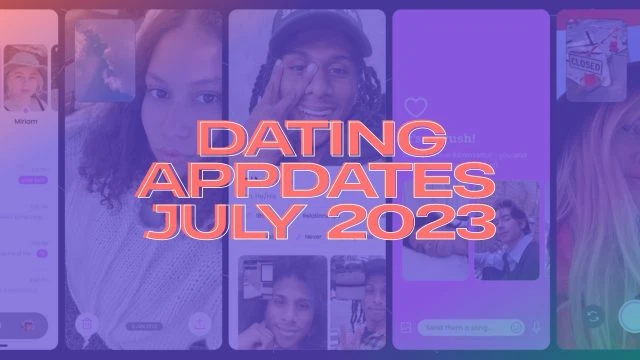Bumble is a pioneering dating app that revolutionized online dating with its women-first approach, when it launched in 2014. Founded by Whitney Wolfe Herd, Bumble initially distinguished itself by requiring women to initiate conversations in heterosexual matches, challenging traditional dating dynamics and promoting a safer, more respectful online environment. In 2024, it dropped this women-first messaging.
The app uses algorithms and user-friendly interface design to facilitate meaningful connections. Bumble’s ecosystem extends beyond dating, offering Bumble BFF for platonic friendships and Bumble Bizz for professional networking, reflecting the company’s commitment to fostering various types of relationships.
A key feature of Bumble is its focus on user safety and consent. The platform uses AI-powered technology to detect and block inappropriate content, including an automated system that blurs potentially lewd images.
Bumble has also been at the forefront of addressing digital-age dating issues. The app introduced features like video calling within the platform, allowing users to verify their matches and build trust before meeting in person. This innovation became particularly relevant during the COVID-19 pandemic, showcasing Bumble’s adaptability to changing social norms.
However, like many dating platforms, Bumble faces challenges related to data privacy and the commodification of personal information. The app collects significant user data to improve matching algorithms, raising questions about data security and usage.
In the context of sextech evolution, Bumble exemplifies how technology can be used to reshape social dynamics and challenge traditional norms in dating and relationships. As the industry continues to evolve, Bumble would hope its influence extends beyond matchmaking, contributing to broader conversations about gender dynamics, online behavior, and the future of human connections in the digital age.
Bumble / News
- 9Jamie F/October 2, 2024
Bumble / Review(s)
Bumble / Deals
Bumble / Roundups
Do you want to be newsletter friends?



